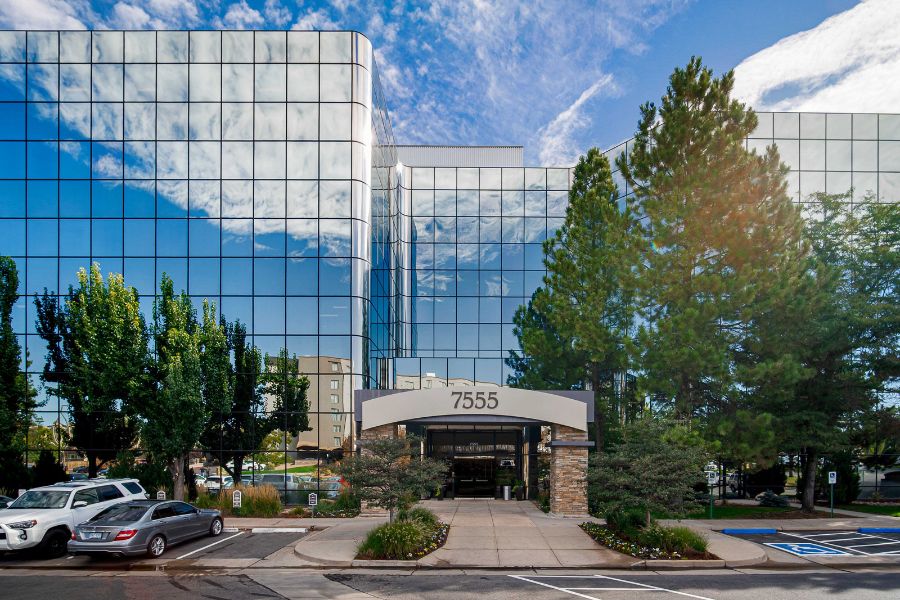Age-Specific Care
We are age-specific, not gender-specific. We focus on the unique circumstances that you face at your specific stage of life.
A social anxiety test developed by licensed clinical professionals that assess the severity of your symptoms and lets you know if it is time to seek help.

11820 Parklawn Dr. #403, Rockville, Maryland, 20852
(888) 850-1890
38619 Boulder Canyon Dr., Boulder, Colorado, 80302
(888) 850-1890
Looking for a specific topic?
Mental Health (111)Addiction (101)Young Adults (68)Substance Use (55)Teens (54)